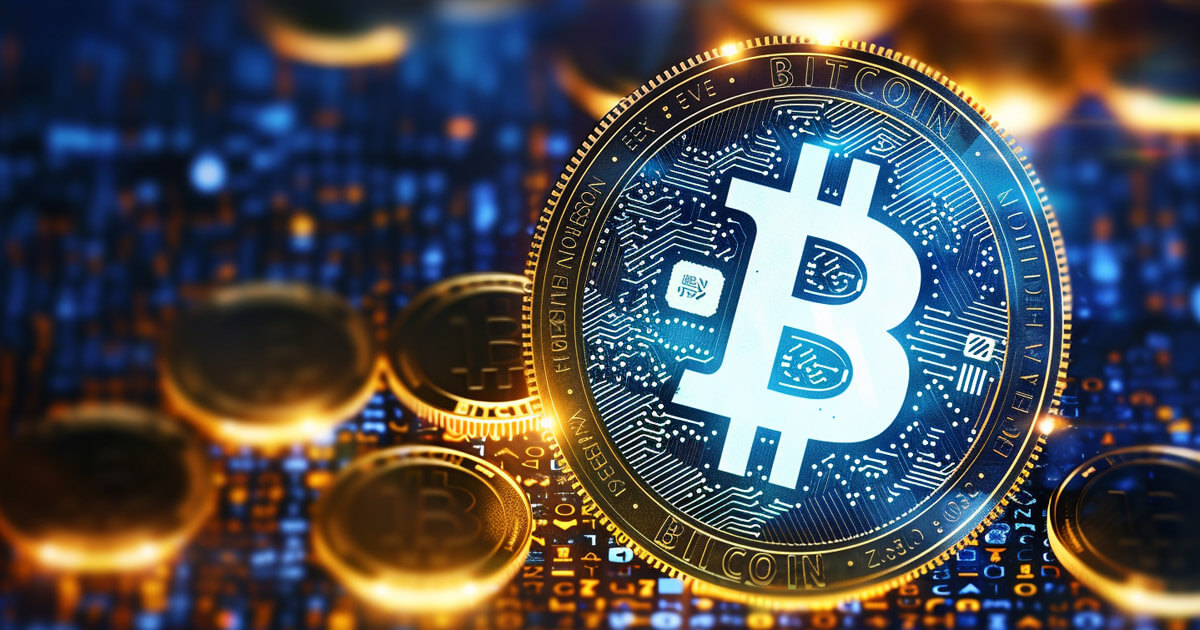
2018-8-3 02:00 |
The introduction of cryptocurrency sparked much excitement in the liberty-minded community. The freedom to conduct financial transactions without government or institutional interference is viewed as a leap towards a better autonomy for individuals. Blockchain, the technology behind bitcoin and other cryptocurrencies, has taken off in countless directions for applications in numerous industries, including the very industry it initially sought to avert: the financial sector.
The Importance of Financial Privacy in a Free SocietyFurther, Know Your Customer (KYC) and Anti Money Laundering (AML) regulations in the crypto sphere have been slipped in, causing major disappointment among the freedom-advocating crypto users. Additionally, other well-known intruders on privacy like Google and Facebook are exploring blockchain technology, leaving some wondering if the technology that was designed to advance freedom is about to do the opposite.
On the flipside, some people have no problem with the government or other entities monitoring their every financial transaction. Their stance is often, “I’m not doing anything wrong, so I have nothing to hide.” For others, the principle of financial anonymity is sacred. Andreas Antonopoulos puts it as such, “anonymity is just another word for human right.”
KYC and AML are forms of totalitarian surveillance, sugarcoated as consumer protection. Not buying it.
— Andreas M. Antonopoulos (@aantonop) July 18, 2014
Antonopoulos is considered a Bitcoin and blockchain expert, and for good reason. He’s written multiple books on the subject, teaches at the University of Nicosia, and delivers speeches on the subject around the world. He believes that financial surveillance should be resisted “because it is evil” and because it holds the four billion people without identification across the globe in poverty. Lack of identification means lack of ability to enter the financial system.
Antonopoulos points out that Bitcoin is pseudo-anonymous and, by design, does not require a user to identify him or herself (unless rigorously pursued), which is what distinguishes it from the traditional financial system. However, for many current crypto users, completely relying on crypto isn’t practical yet. Thus, many have turned to exchanges like Coinbase to turn their crypto into fiat currency.
Coinbase’s website states, “As a regulated financial service company operating in the U.S. we are periodically required to identify users on our platform.” Users must submit photo identification and provide other personal details to use the platform.
Not only does this translate into a lack of anonymity, it is, according to Antonopoulos, also a high-security risk. He points out that even the NSA hasn’t found a way to store data securely and that having brand new companies gather and hold such personal information and identification is a recipe for a devastating security breach.
Despite his aversion to KYC and AML practices, Antonopoulos believes that cryptocurrency and the freedom it affords users is crucial to leaving the existing financial system on the sidelines.
Free Speech and BlockchainBlockchain technology is being pursued in many industries, well beyond the financial applications. Mick Hagan at Fortune thinks blockchain is an ally of freedom and could be the very thing society needs to ensure the continuation of free speech. He points to cryptocurrencies as an example, emphasizing that governments can’t prevent someone from using crypto or freeze their assets as they could with fiat funds.
He also discusses that information, once on the blockchain, cannot be erased, making it a tool for getting around government censorship. In China, for instance, when students at a university pressed for investigation into alleged misconduct of a professor toward a student, the Chinese government did their best to censor their message. However, activists responded by attaching messages to transactions on the Ethereum blockchain, thus saving the information in a way that could not be altered or deleted.
There is something about information being stored permanently and available to the public that is disconcerting and seems to lend itself to misuse. Since data stored on the blockchain cannot be altered, incorrect or inaccurately entered information could result in lifelong issues. Consider the legal system in the U.S.
Wrongful arrests and convictions occur more often than people would like to think, with 40 percent of exonerations in 2017 based on revelations of misconduct on the part of officials. Imagine being wrongfully convicted of murder, being exonerated and freed, but then having no way of expunging the false record.
Further, vast amounts of data are collected on internet and smartphone users via online shopping, Google’s exhaustive tracking efforts, social media use, and more. Arguably, society has already reached a point at which technology has rendered complete privacy impossible. With blockchain technology in the works, of which could track location and temperature of a can of food from warehouse, to store, to kitchen of a private citizen, and then send a message to the manufacturer when the can is opened, it’s natural to wonder if data collected and recorded would be used in unauthorized or unethical ways.
Is the sacrifice of anonymity and privacy worth the promised benefit? Further, who benefits?
A Threat it Cannot HelpWhether such questions are being considered by the majority who stand by various blockchain applications seems unlikely at this stage of the blockchain’s growth. The hype around the innovation and its ability to provide transparency and theoretically reduce corruption is growing faster than most people can comprehend. A lack of understanding coupled with hype is a recipe for manipulation.
As blockchain is touted more and more as a savior of almost anything, there could result in a tendency of the general public to associate blockchain with trustworthiness and forego doing their due diligence. Widespread public knowledge of the distinction between private and public blockchains and the implications of each is limited.
Private blockchains are entirely different from public blockchains in that the ability to write and/or read on the blockchain can be restricted. For instance, if a government used a private blockchain to record property ownership and only government officials would be entering information, it would be a clear diversion from the idea that blockchain eliminates the need for trusted third parties. Further, the government could limit what information the public could access. In short, private blockchains are only as accessible to the public as those in charge decide they will be.
The blockchain projects being pursued by the traditional financial sector involve private blockchains rather than the censorship-free blockchain behind bitcoin. Antonopoulos described the financial sector’s interest in currency on the blockchain as a non-decentralized, non-peer-to-peer, non-censorship-free, non-borderless version of what Bitcoin has done: in essence, the antithesis of what liberty-minded people want.
However, it is easy to envision public acceptance of blockchain into traditional banking as something that will help them, when really, it won’t afford any more privacy than the current structure.
A considerable amount of critical thinking before giving the green light to every blockchain initiative, especially when pushed or funded by entities with track records of less-than-ethical behaviors, is essential.
Alternative Markets and CommunitiesWith all of that said, crypto and blockchain have been embraced as a long-awaited solution by a particular liberty-oriented sector of the population using the technologies to put into action their philosophy of acting without governmental oversight. More specifically, agorism involves voluntary exchanges and interactions only.
BTCManager previously discussed how the agorist community lacked a means of exchanging value for goods and services outside of government watch. Now, with cryptocurrency and platforms like OpenBazaar, such transactions are possible. In fact, peer-to-peer transactions occur with no KYC protocol, demonstrating a much-improved system regarding privacy and anonymity.
Such platforms, along with an evasion of crypto-fiat transacting could indicate the beginning of a peaceful, voluntary, and privately transacting society, of which Satoshi Nakamoto would be proud.
The post Personal Liberty and Privacy: Will Blockchain Help or Hinder? appeared first on BTCMANAGER.
Similar to Notcoin - Blum - Airdrops In 2024
High Performance Blockchain (HPB) íà Currencies.ru
|
|
















